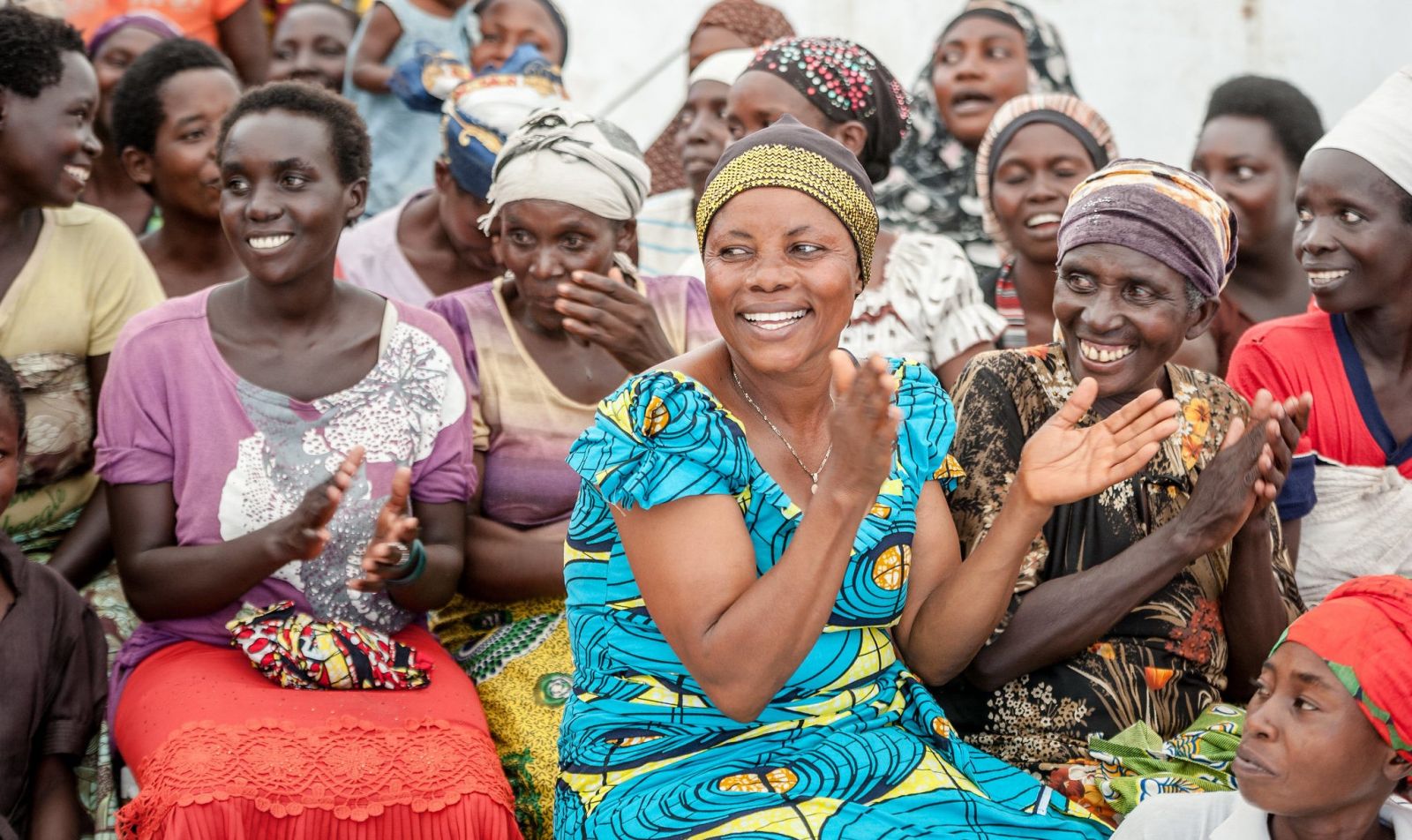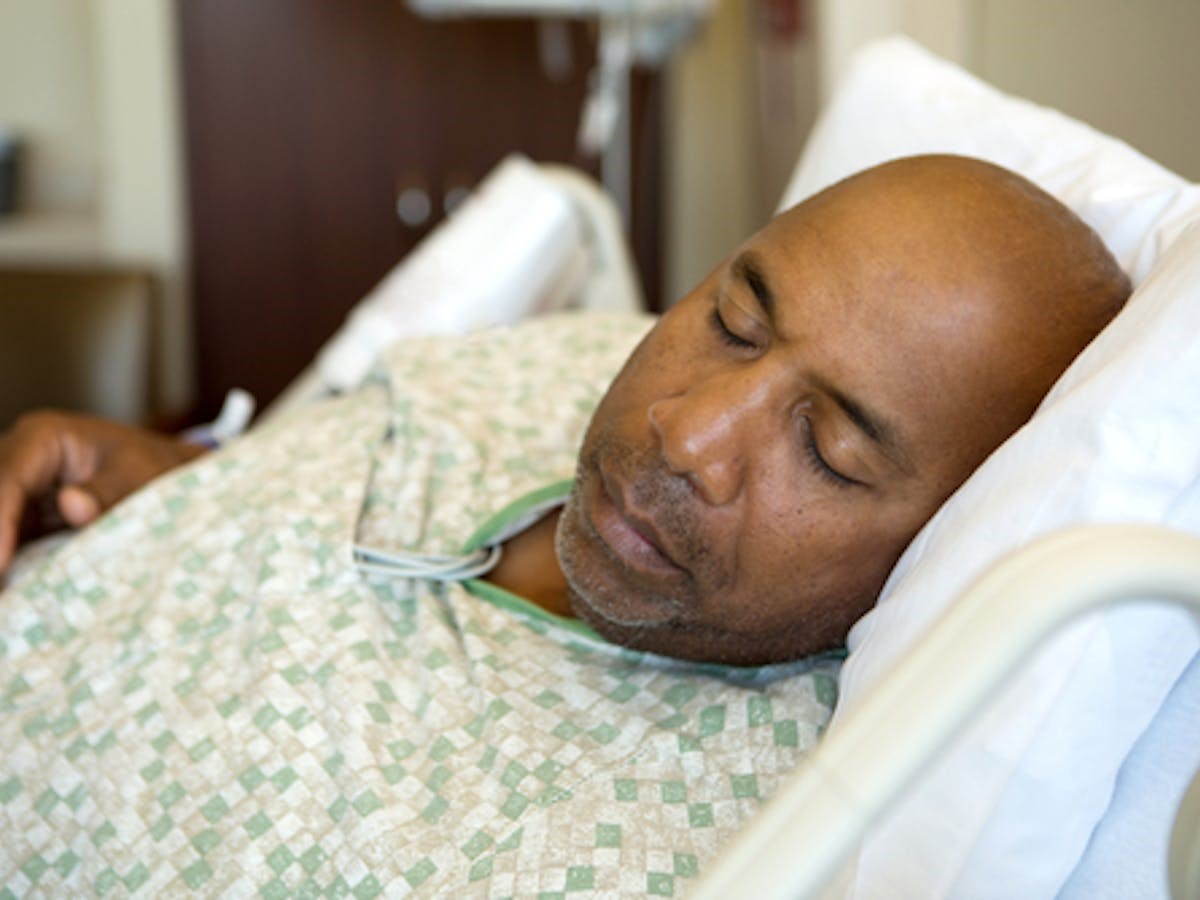DLHA Staff Writer
There are 100 or more types of sleep disturbances/disorders.
Due to a variety of life’s circumstances, many people worldwide have sleep disturbances at one time or the other during their lifetime. But not all sleep disturbances will constitute a major sleep disorder like insomnia.
Insomnia is the most common sleep disturbance that is typified by difficulty falling asleep, staying asleep, and having a refreshing and satisfying sleep despite ample opportunity for a good sleep.
To diagnose insomnia, you must have the typical features described above for at least 3 nights per week and for a period of 3 months.
So, how do you know whether you are at risk for a major sleep disturbance like insomnia?
Research studies in Africa and other countries of the world like the USA have identified these three major independent predictors for insomnia in older adults as follows:

A group of African women in colourful dresses seated at an event.
Credit: Photo: UN Women/Catianne Tijerina
Women are 2 times more likely to suffer from insomnia than men. The reasons are multifactorial and include the fact that women are more exposed to social and economic stress, family related chores, hormonal changes and mood dysregulation, etc.

Sick black man in bed sleeping. Credit: The Conversation
Physical illnesses like Coronary heart disease (CHD) and non-infective and infective diseases especially in Africa such as malaria, HIV/AIDS, sleeping sickness and tuberculosis have been identified as predictors for insomnia.
Malaria, HIV/AIDS, Sleeping sickness and Tuberculosis are common in most African countries and rare in high income countries of the northern hemisphere. The mechanisms for how an illness causes insomnia is complex, but may include presence of high levels of inflammatory factors in blood of the ill patient, reduced immunity and dysregulation of brain chemicals regulating the sleep-wake cycle, etc.

Young black woman with her head on her crouched knees and in pensive mood. Credit: Hopkins Medicine
Research has established a connection between sleep disturbance and depression. It has been reported that people with insomnia have a 10 times greater risk of developing depression compared to those who have normal sleep nightly. Among people with depression, 75% have trouble falling and staying asleep.
So, whether your sleep disturbance is causing you to feel depressed or an existing depression is causing your sleep disturbance, recognise that there is a link between the two and get help early from your doctor or other caregivers.
Other contributing factors to insomnia include if you:
Remember, insomnia is treatable in the short and long term with behaviour therapy and physician prescribed medications as needed. So, being aware of the predictors and symptoms of insomnia and getting help early before the condition becomes chronic is vital to having better sleep quality and quality of life.
Zeng, L.N., Zong, Q.Q., Yang, Y., Zhang, L., Xiang, Y.F., Ng, C.H., Chen, L.G., Xiang, Y.T.: Gender Difference in the Prevalence of Insomnia: A Meta-Analysis of Observational Studies. Front Psychiatry. 2020 Nov 20; 11:577429. doi: 10.3389/fpsyt.2020.577429.
Aragón-Arreola, J.F., Moreno-Villegas, C.A., Armienta-Rojas, D.A., De la Herrán-Arita, A.K.: An insight of sleep disorders in Africa. eNeurologicalSci. 2016 Feb 26; 3:37-40. doi: 10.1016/j.ensci.2016.02.006.
Smagula, S.F., Stone, K.L., Fabio, A,, Cauley, J.A.: Risk factors for sleep disturbances in older adults: Evidence from prospective studies. Sleep Med Rev. 2016 Feb; 25: 21-30. doi: 10.1016/j.smrv.2015.01.003
Johns Hopkins Medicine. Depression and Sleep: Understanding the Connection. Retrieved February 15, 2023.
Related:
Normal Sleep: What African should know
.jpg)
Sleep disorders - An African perspective: Types and symptoms
Sleep medications: Types, Uses and Side effects
Published: February 16, 2023
© 2023. Datelinehealth Africa Imc. All rights reserved
Permission is given to copy, use and share content freely subject to attribution as to source.
DATELINEHEALTH AFRICA INC., is a digital publisher for informational and educational purposes and does not offer personal medical care and advice. If you have a medical problem needing routine or emergency attention, call your doctor or local emergency services immediately, or visit the nearest emergency room or the nearest hospital. You should consult your professional healthcare provider before starting any nutrition, diet, exercise, fitness, medical or wellness program mentioned or referenced in the DatelinehealthAfrica website. Click here for more disclaimer notice.